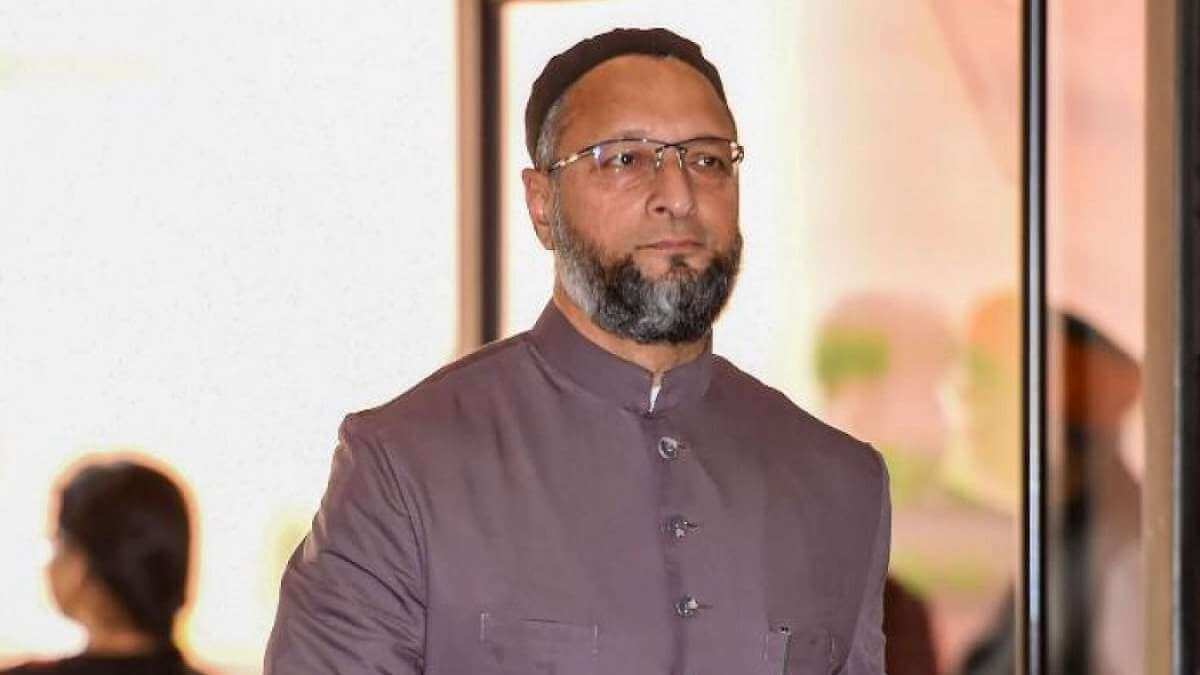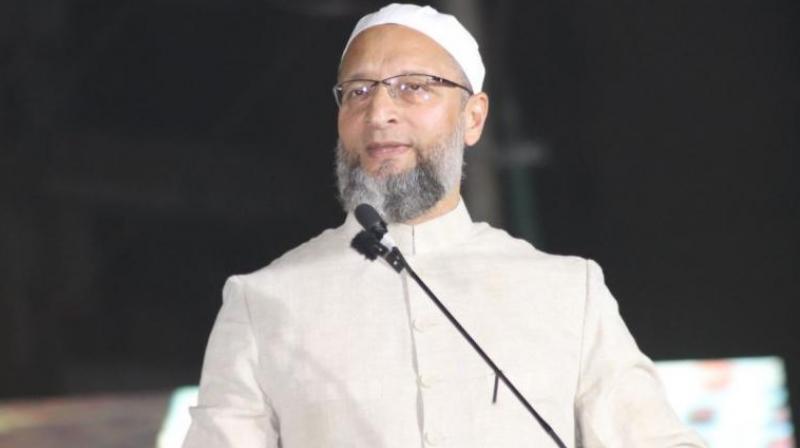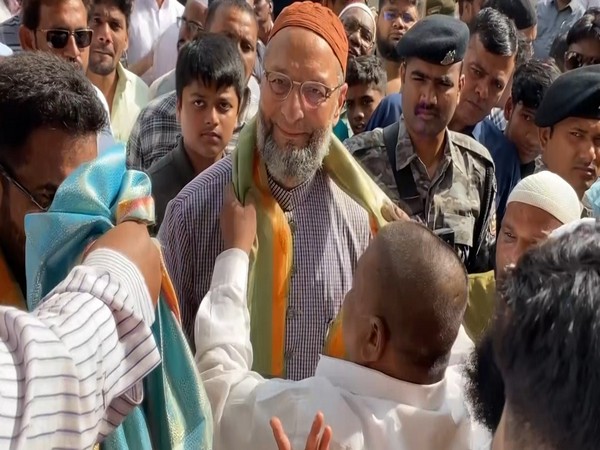Lancet study finds prostate cancer cases to double by 2040
Sat 06 Apr 2024, 01:41:44

A recent study by the Lancet Commission that was presented at the European Association of Urology meeting in Paris, revealed that the number of prostate cancer cases is to double by 2040 and is increasing in number day by day. And more alarmingly, there seems to be a growing trend in middle-income countries.
This was expected and it's not surprising given the fact that the elderly male population of India is growing day by day and with most of the communicable diseases being easily cured, the number of patients with non-communicable diseases, especially cancer is on the rise.
Prostate cancer is very important, is one of the most common cancers for male patients and this has in an upward trend over the last few years and more and more patients are being diagnosed with prostate cancer.
Unfortunately, there is not much awareness amongst the lower and middle-income groups about prostate cancer and most of them tend to come to us in an advanced stage of cancer when spread everywhere into the body.
“Ageing populations and increasing life expectancy will lead to higher numbers of older men in coming years. As the main risk factors for prostate cancer -- such as being aged 50 or older and having a family history of the disease -- are unavoidable, it will not be possible to prevent the upcoming surge in cases through lifestyle changes or public health interventions,” the researchers said.
“As more and more men around the world live to middle and old age, there will be an inevitable rise in the number of prostate cancer cases. We know this surge in cases is coming, so we need to start planning and take action now,” said
Professor Nick James, lead author of the Commission, from The Institute of Cancer Research, London.
Professor Nick James, lead author of the Commission, from The Institute of Cancer Research, London.
“Evidence-based interventions, such as improved early detection and education programmes, will help save lives and prevent ill health from prostate cancer in the years to come. This is especially true for low- and middle-income countries which will bear the overwhelming brunt of future cases,” he added.
The currently available prostate cancer screening is the PSA test - a blood test that measures protein levels called prostate-specific antigen (PSA). While this is common in high-income countries, it may lead to over-testing and unnecessary treatment in older men, and under-testing in high-risk younger men, the researchers argued.
So, it is of paramount importance that the media and the medical personnel are involved in spreading awareness about prostate cancer amongst the general population. so that they can go and meet a medical doctor to get their screening for prostate cancer in the form of a simple blood test called serum PSA and a digital rectal examination. The great thing about prostate cancer is that if diagnosed at a very early stage, it can be completely cured either by surgery or radiotherapy. But unfortunately, once it has spread outside the prostate, the prognosis becomes quite grim.
Dr Arun Kumar. B - Managing Director, Chief Consultant Urologist, AINU Chennai said, "I think all the government, the NGOs, the media and the health personnel should come hand in hand to raise this awareness about prostate cancer with the general public and make sure that the number of patients who undergo screening for prostate cancer increases day by day."
No Comments For This Post, Be first to write a Comment.
Most viewed from
Most viewed from Health
AIMIM News
Asaduddin Owaisi files nomination papers on Friday
Apr 20, 2024
Owaisi Begins Election Campaign in Hyderabad
Apr 13, 2024
Latest Urdu News
Most Viewed
May 26, 2020
Do you think Ruturaj Gaikwad would be a good captain for Chennai Super Kings?
Latest Videos View All
Like Us
Home
About Us
Advertise With Us
All Polls
Epaper Archives
Privacy Policy
Contact Us
Download Etemaad App
© 2024 Etemaad Daily News, All Rights Reserved.






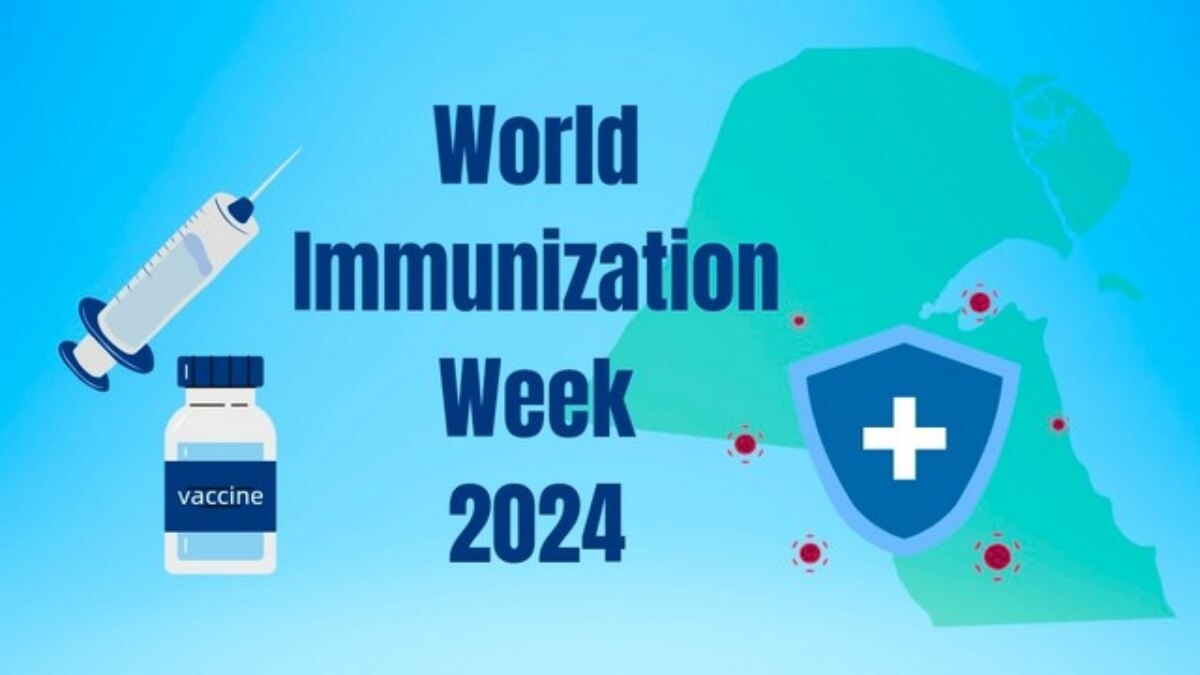



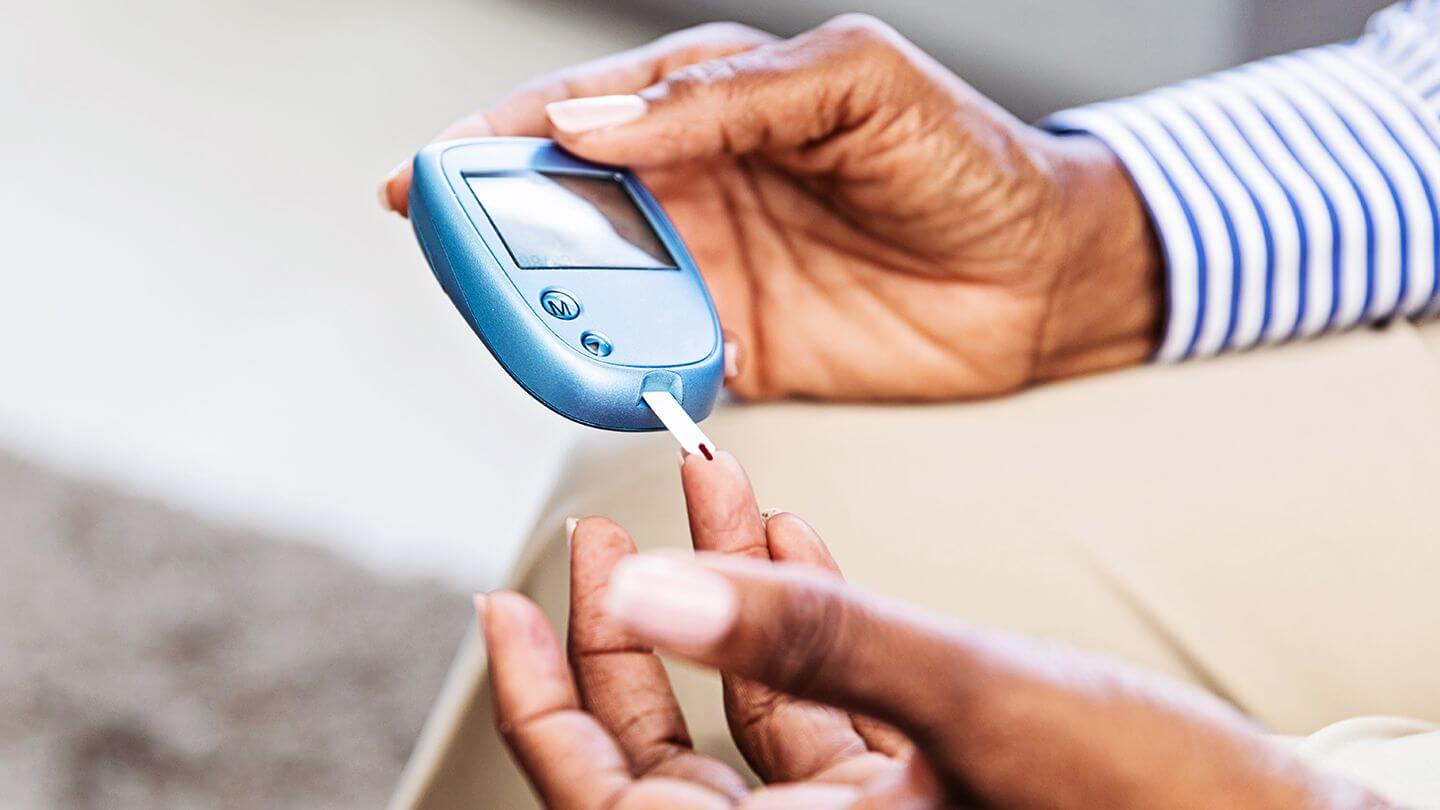


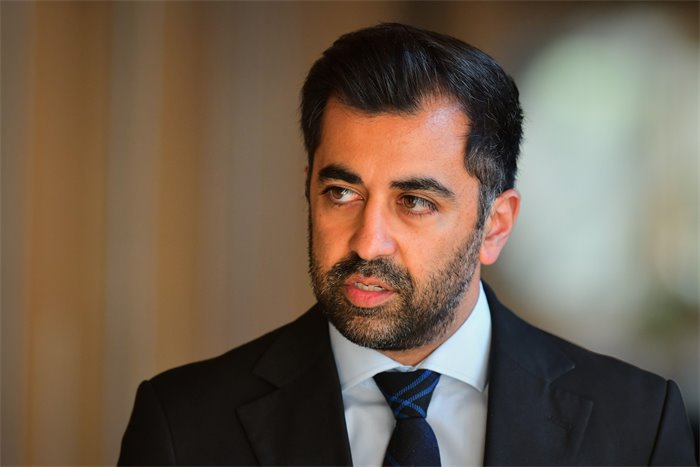
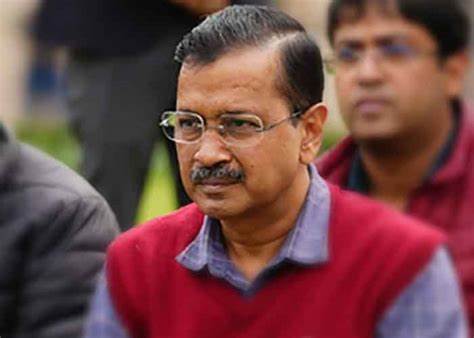
.jpg)
.jpg)
.jpg)
.jpg)
.jpg)
.jpg)
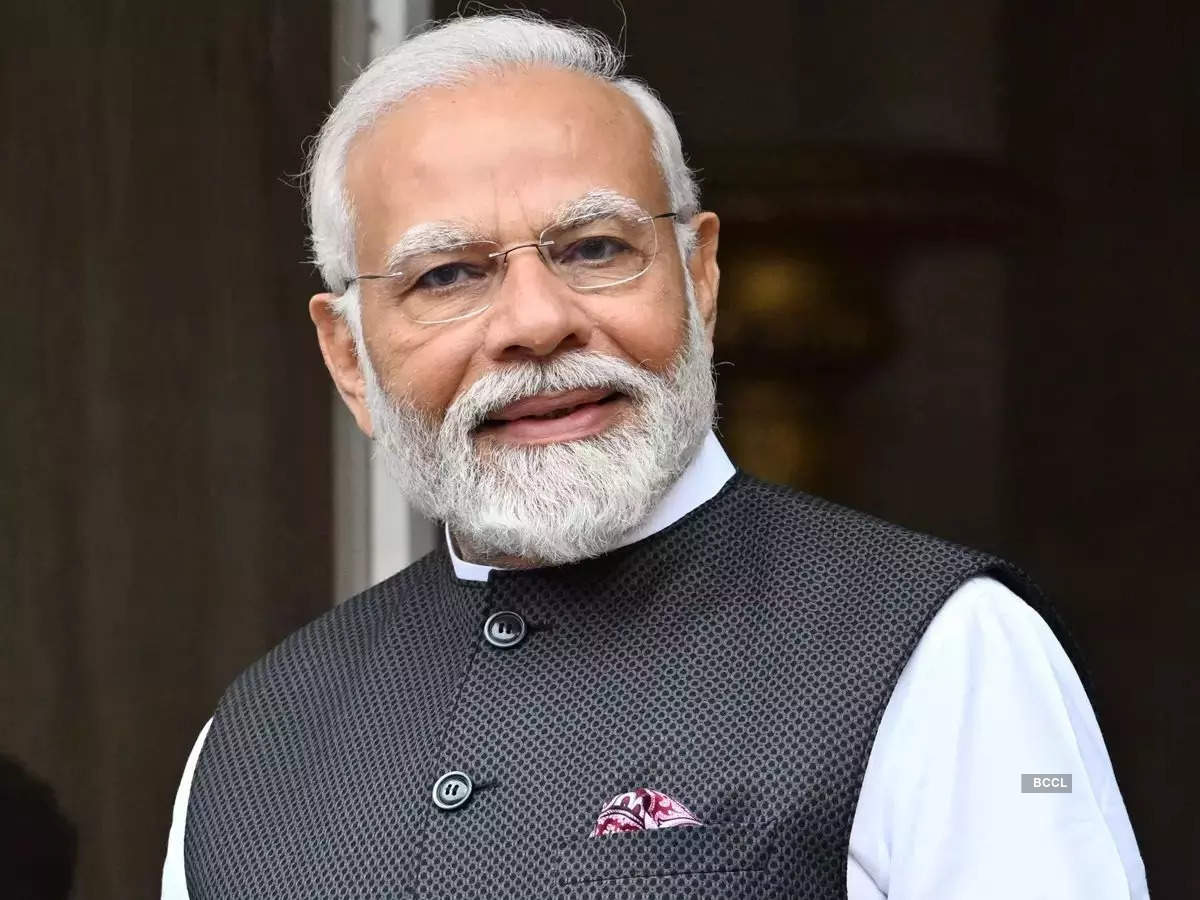

.jpg)
.jpg)



